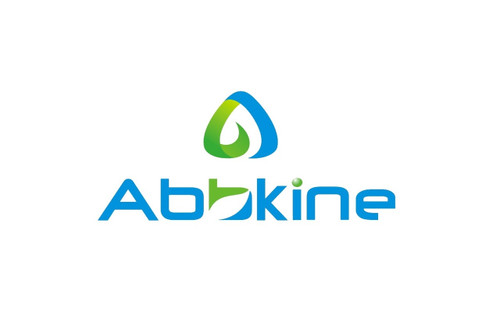Product Description
Human Sucrase-isomaltase, intestinal (SI) ELISA Kit | AE19566HU | Abebio
Species Reactivity: Human (Homo sapiens)
Abbreviation: SI
Alternative Name: MGC131621; MGC131622; Oligosaccharide alpha-1;6-glucosidase|sucrase-isomaltase
Application: ELISA
Range: 0.312-20 ng/mL
Sensitivity: 0.107 ng/mL
Intra-Assay: ≤7.1%
Inter-Assay: ≤10.2%
Recovery: 1, 03
Sample Type: Serum, Plasma, Other biological fluids
Detection Method: Sandwich
Analysis Method : Quantitive
Test Principale: This assay employs a two-site sandwich ELISA to quantitate SI in samples. An antibody specific for SI has been pre-coated onto a microplate. Standards and samples are pipetted into the wells and anySI present is bound by the immobilized antibody. After removing any unbound substances, a biotin-conjugated antibody specific for SI is added to the wells. After washing, Streptavidin conjugated Horseradish Peroxidase (HRP) is added to the wells. Following a wash to remove any unbound avidin-enzyme reagent, a substrate solution is added to the wells and color develops in proportion to the amount of SI bound in the initial step. The color development is stopped and the intensity of the color is measured.
Product Overview: Congenital sucrase-isomaltase deficiency is an example of a disease in which mutation results in transport-incompetent molecules. sucrase-isomaltase is not transported to the brush border membrane but accumulates as a mannose-rich precursor in the endoplasmic reticulum, ER-Golgi intermediate compartment, and the cis-Golgi, where it is finally degraded. The enzyme consists of 2 subunits which are synthesized as a single chain mannose-rich precursor. From studies of the cDNA, the human protein has 83% identity with the rabbit enzyme. In addition to the previously reported homology with lysosomal alpha-glucosidase, the sucrase and isomaltase subunits appear to be homologous to a yeast glucoamylase.
Stability: The stability of ELISA kit is determined by the loss rate of activity. The loss rate of this kit is less than 5% within the expiration date under appropriate storage condition. The loss rate was determined by accelerated thermal degradation test. Keep the kit at 37°C for 4 and 7 days, and compare O.D.values of the kit kept at 37°C with that of at recommended temperature. (referring from China Biological Products Standard, which was calculated by the Arrhenius equation. For ELISA kit, 4 days storage at 37°C can be considered as 6 months at 2 - 8°C, which means 7 days at 37°C equaling 12 months at 2 - 8°C) .
 Euro
Euro
 USD
USD
 British Pound
British Pound
 NULL
NULL








